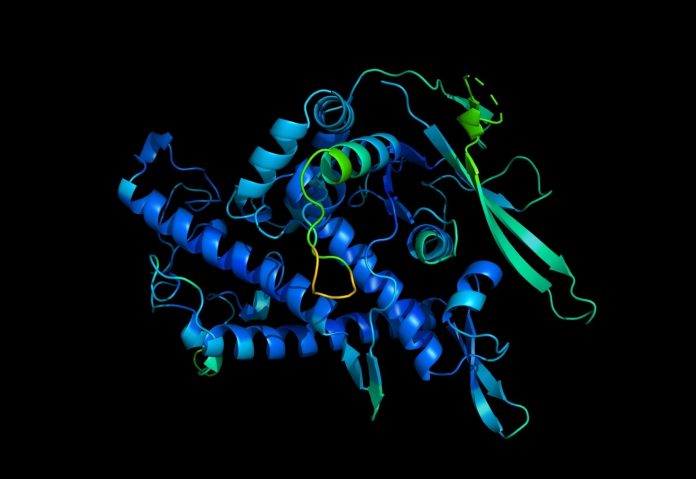Many diseases and viruses are difficult to map because of the inability to perform ‘protein folding’. This is set to change because of the work of Google’s DeepMind and it could have lasting medical benefits.
Unfolding protein is key to understanding its properties and relatively few proteins have been successfully unfolded for study. In fact, issues with unfolding proteins have impacted the work of scientists for 50 years. However, a breakthrough has come through decades earlier than anticipated, that will allow scientists to understand complex protein molecules faster through predicting and mapping protein molecules.
In fact, it is thought that the ability to 3D image a protein and understand its make-up could help with numerous issues and diseases.
By using a tool called AlphaFold, computers can predict the patterns of protein molecules without a lengthy unfolding process, and this could lead to quicker studies into viruses and importantly faster research into vaccines.
Arthur D. Levinson, Founder and CEO of Calcio emphasised the importance of the technology in a press statement:
AlphaFold is a once in a generation advance, predicting protein structures with incredible speed and precision. This leap forward demonstrates how computational methods are poised to transform research in biology and hold much promise for accelerating the drug discovery process.
So far AlphaFold has performed well in tests and managed to predict two-thirds of the proteins with an accuracy that is comparable to laboratory experiments. Going forward, it seems that the team will take on greater challenges in the vast world of proteins, tens of thousands exist in the human body alone.
The tool will be analysed by the greater scientific community once a paper is published, and if the consensus is good it will be used in broader protein experiments. The hope is that this tool could help unlock the secrets behind diseases and lead to cures.




























